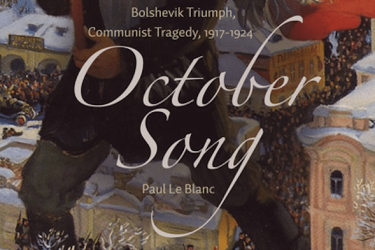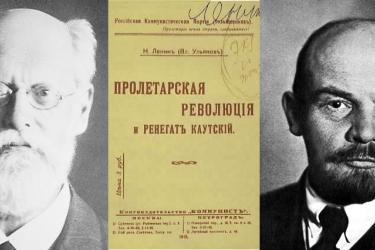Paul Le Blanc

The Russian Revolution of 1917: Resources for scholars and revolutionaries
For those wanting to make use of Marxism to understand and change the world, among the most important classical thinkers are, surely, Rosa Luxemburg and Vladimir Ilyich Lenin.

Kautsky, Lenin, Stalin and revolutionary Russia
Karl Marx once commented: “Philosophers have hitherto only interpreted the world in various ways; the point is to change it.” Less mature activists prefer the posture of changing the world over the hard work of understanding it, but as the young Marx also thundered: “Ignorance never did any one any good!”
Lenin150 (Samizdat): A Lenin birthday book

Review by Paul Le Blanc
Remembering George Shriver (1936-2020)

By Paul Le Blanc





